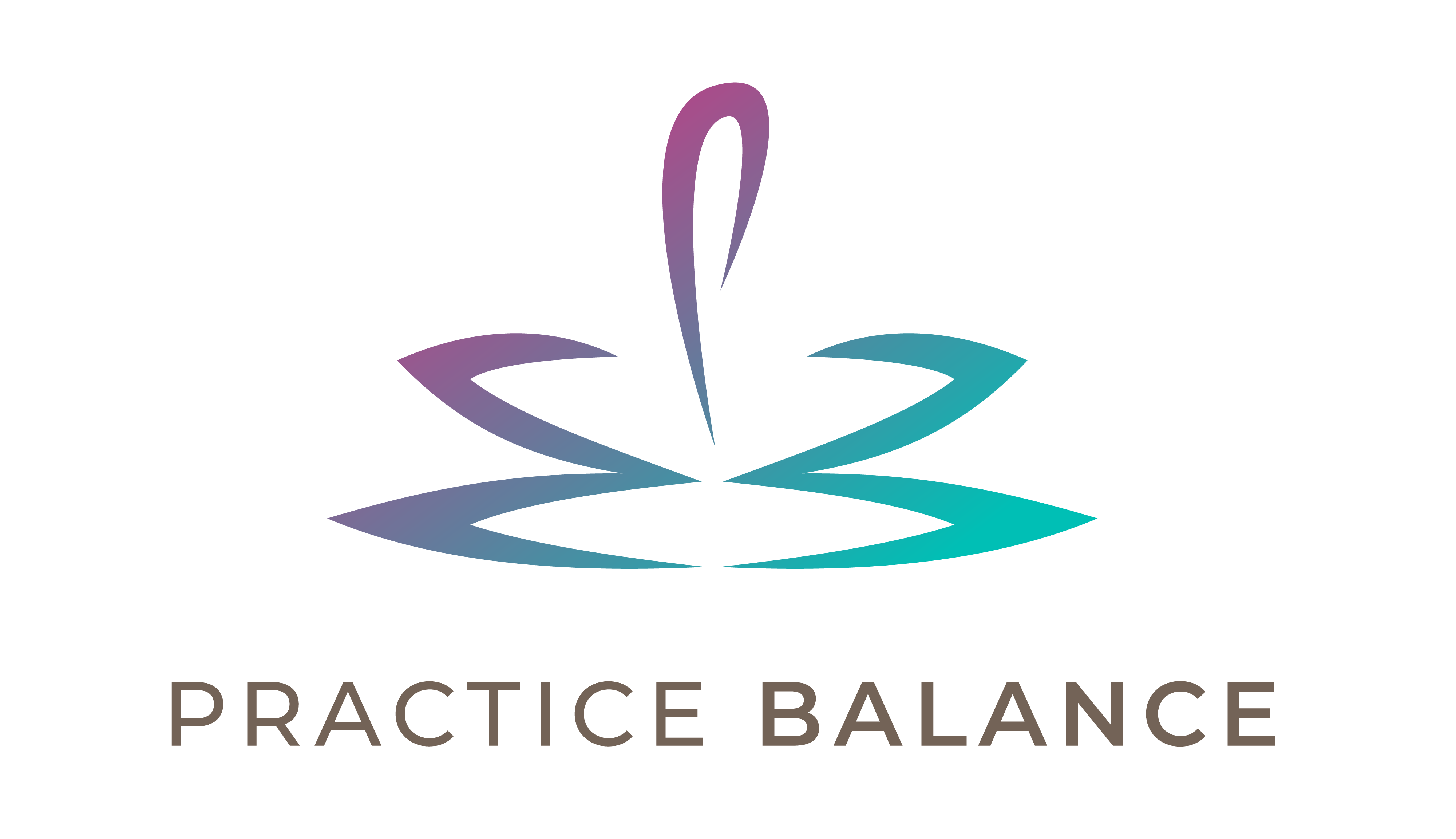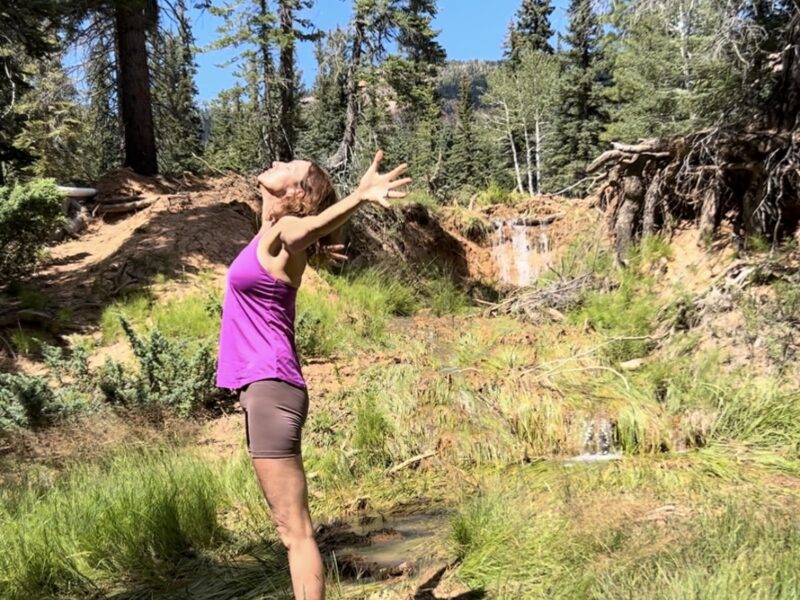(To listen to this article in podcast form, scroll to the bottom!)
It’s ubiquitous.
No, not confidence… the desire for confidence.
When I ask clients, prospective clients, friends and colleagues what they want, their answer is almost always confidence.
It comes up so frequently.
Confidence is indeed a necessity for leaning out and finding the kind of work-life balance you want and deserve.
But I’ll let you in on a little secret…
You are not merely born with confidence. Confidence can be learned and practiced. And this is good news because this means anyone can become confident.
When I was in anesthesiology residency, I distinctly remember getting this review during one of the feedback meetings with my advisor. It said, “Lacks confidence.” It was certainly a blow. And at the time, I felt the reviewer just didn’t understand my personality. I thought I knew my stuff, but I’m not the kind of person that puts on a big show or demonstrates a huge amount of exuberance when I do things. In fact, I’m very repelled by what I perceive as arrogance or over the top minus. But do you know what?
That’s not confidence.
Maybe that reviewer acquainted those things with confidence. I know I did, but now I know better.
Looking back, I know that reviewer was actually right about me. I would consider myself a confident person, but back then I was not.
You want to know what started me on the path to gaining confidence? Having a major health crisis.
And in this article, I’m going to tell you why; it will all make sense when I share with you the four elements of confidence.
First, how do we define confidence? Confidence does not equate with outward measures of success and the person who maybe appears confident is not necessarily so. In. my mind, confidence is made up of both external and internal confidence. The external part is where you know with a level of certainty what an outcome will be. That kind of confidence, however, only goes so far.
Internal confidence is the foundation
Internal confidence is often called self-confidence in the personal development space. And it’s what you need in order to have true, authentic confidence. Because you can be competent in many areas of life, but if you don’t have that foundation, you won’t really be confident. We all know there is a huge amount of uncertainty in this world. So how can you hang your hat on the type of confidence that involves certainty?
You can get external confidence through competence in a skill. Through following all the rules and jumping through all the hoops and learning and training in a specific field. But to be your authentic self, to be able to lean out and carve your own path, you need to cultivate internal confidence.
Why is confidence so hard? There’s a prevailing culture that leads us to be self critical. We cannot make mistakes… especially in medicine. It might cost someone their life. We can not show vulnerability or weakness, lest we be judged and told that we are unworthy. Many of us have relied on our own inner critic and inner martyr to drive us towards our career goals, but at some point you have to ask yourself: is that part of me helping or hurting? What do I really want my life to look like? And how can I have the confidence to take action and get it?
So, how do you get confidence? By working on the four elements.
Element 1: Know Yourself Deeply
This involves spending some time with yourself to learn about your values, what things give you energy and what things deplete your energy. How you find flow, and how you recover? What kind of elements are needed for your proper self care? Another very important aspect is self-compassion, something I did not have for a very long time. Self-compassion is difficult for high-octane professionals because 1) it goes against the “lean in” culture, 2) it feels lazy and 3) it feels complacent. But self-compassion is not the same as self-indulgence. Self-compassion will help you on your journey to confidence, which will involve doing hard things, trying, and failing.
Element 2: Mental Fitness
In my mind, there are three different parts to this element. There is mental agility, which is being able to ride emotions like a surfer, being able to recognize emotions for what they are. Emotions are merely data, not something that need to define you or that you need to identify with. Then there’s mental flexibility. This is the flexibility to be able to analyze your thoughts and realize that sometimes your thoughts or are not actually true. Can you be flexible enough in your beliefs to question them and then to turn it around to a thought that might serve you better? Then, there is mental strength. Mental strength is that is only achieved through mindfulness. Regular mindfulness practice is a cornerstone of having a strong mind.
Element 3: Embrace and Practicing Challenge
When you are able to embrace challenge and see that taking on small challenges, such as something like starting a new class, being a beginner in something that you’ve never done before and having the willingness to fail. thEy train you for the really big ones that might come up such as changing your work-life balance. Asking for a raise, stepping down from a role you no longer want to fill or changing around your work schedule and disappointing a ton of patients, clients, or colleagues. Going against the grain of what everyone else is doing is the ultimate hard thing in today’s modern times.
Element 4: Adopt a Journey Mindset
There is no endpoint to finding confidence, kind of like practicing balance. It’s a continuous practice, and it’s your own hero’s journey. You will go through trial periods, and finding mentors, and gaining knowledge and experiencing, and then you will want to share that knowledge with other people. Then maybe the cycle starts over, and you have to go on another journey by pivoting to something else. Then you’re the beginner again. Realizing all of this is a step-by-step journey is an important part of the whole process as well.
So how did I become a confident person? I had a major health crisis that changed everything. This health crisis landed me in the OR, involved ICU stays, and a convalescent period by myself at home for weeks. It left me physically weak for months, and it left me with one of the hardest things I have ever had to deal with: infertility.
But during this time of my life, I learned a tremendous amount about myself. I spent a lot of time alone in stillness and reflection. I also became self-compassionate for probably the first time in my life. Before, I was focused on doing and appearances and fitting in, instead of being my true, authentic self.
I realized that my body was so strong to have undergone cancer and surgery. And although I felt physically weak, I could bring my body back up to the strength that it was and do some of the athletic things that I had loved. Again. I learned how to deal with hardships like living with chronic, round-the- clock medications while finishing residency.
When I had a lot of physical weakness, I vividly remember call nights on my last ICU rotation and how difficult it could be to get through the night. But I really wanted to overcome the challenge of finishing all my training.
Doing all this made me remember that I liked challenge, so then I started embracing challenges with gratitude. And I took everything step-by-step. I didn’t worry about a specific outcome because it was all a journey. I reveled in each step and found success along the way.
Conclusion and a special announcement
That’s my take on confidence on a top level view and my journey to being a confident person, myself. I’m working on putting these elements with a lot more detail and reflective exercises into a self-paced video course that should be out this winter! You can get on the interest list and be the first to know when it’s ready by signing up HERE.



 What It’s Like to Live Off-Grid in the Wilderness
What It’s Like to Live Off-Grid in the Wilderness
